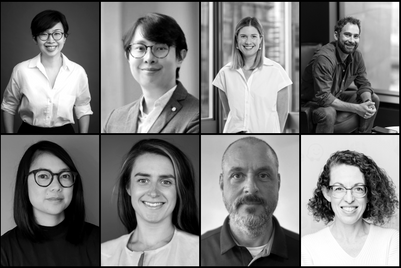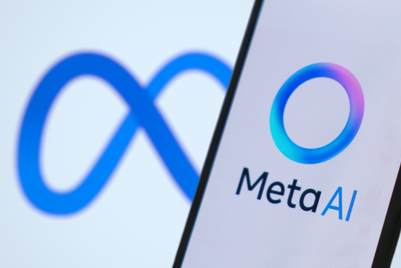
A very scary event happened in 2016—besides Donald Trump being appointed President and my 14-year-old son’s growth spurt resulting in him being taller than his mother.
The scary moment I'm talking about was when an AI demonstrated that it could be truly creative and could do something which human observers described as “unexpected, brilliant and creative”.
It happened during a game of 'go', when Google DeepMind’s AI AlphaGO played a move so unexpected that current (human) world champion, Lee Sedol, rocked back in his chair, then got up and left for a few minutes. He eventually lost the game, if you didn’t know.
Sure, an AI beat a human at a game. It may not seem like a big deal if you're like me, who regularly gets beaten by the algorithms that run the chess, poker, checkers and other game apps on my phone. However, the difference lies in that they don’t surprise me by creatively breaking the known rules of the game.
We seem to now generally accept that AI is excellent at making decisions, at taking a lot of big-data variables and distilling that down to a single decision, faster and with more accuracy than a human. So, we're more or less ok with the idea of fully AI-run hedge funds, AI financial brokers, AI insurance brokers or even AI powered self-driving cars.
Creativity is different though. To many, that is still a defining human trait: a combination of experience, imagination, context and the indefinable ability to make intuitive leaps or connections. The idea that AI can demonstrate independent ingenuity and creativity is just one step too far.
Yet, we have data—AI’s equivalent of human experiences. As data sources become richer (think the growth of the internet of things and connected devices) and AI’s machine-learning abilities develop, AI will be able to contextualise and conceptualise in a way that is no different to how we currently perceive human creativity.
Many organisations are already experimenting in this area of AI. From creating a recurrent neural network that is attempting to write new episodes of “Friends”; to the creation of original classical music; to even the movie industry using IBM Watson to develop (from scratch) the trailer to the movie Morgan last year. All of which, we would categorise as traditionally human creative outputs.
So, within the advertising industry, with creativity at the core, the potential disruption of AI is high on the current agenda. Will it augment us, or will it replace us?
Agency experimentation with AI creativity has already begun. McCann Japan introduced an AI creative director in a novel ad creation competition between it and a human creative director (see "Human brain sees off AI ‘creative director’, barely"), while MC Saatchi London developed an AI outdoor campaign that wrote its own creative and selected images for the ad based on the behaviour of users.
On the other side, creative AI disruption of our industry has also begun. A company called Blackwood Seven introduced an AI powered media planning and buying service in Denmark, with the aim to go global. Another example is The Grid, from San Francisco, which provides an AI-powered website design service. (See also, "This lingerie brand replaced its agency with AI and will never go back".)
It would be foolish to imagine creativity as a human only capability, and that creative roles and solutions in our industry will not be disrupted and reshaped by AI much sooner than we anticipate. With that in mind, we are working with a community of AI partners to better understand the implications and opportunities, not just for us internally, but for our clients’ business. However, we are still a long way from Marvin, the Paranoid Android, with a brain the size of the planet and the ability to solve “all of the major mathematical, physical, chemical, biological, sociological, philosophical, etymological, meteorological and psychological problems of the Universe except his own, three times over”.
Kristian Barnes is CEO of Vizeum APAC


.jpg&h=334&w=500&q=100&v=20250320&c=1)



.png&h=334&w=500&q=100&v=20250320&c=1)
.png&h=334&w=500&q=100&v=20250320&c=1)

.png&h=334&w=500&q=100&v=20250320&c=1)

.png&h=334&w=500&q=100&v=20250320&c=1)
.jpg&h=268&w=401&q=100&v=20250320&c=1)





.png&h=268&w=401&q=100&v=20250320&c=1)
